Making friends with fungi, he has been insisting on this for 17 years…
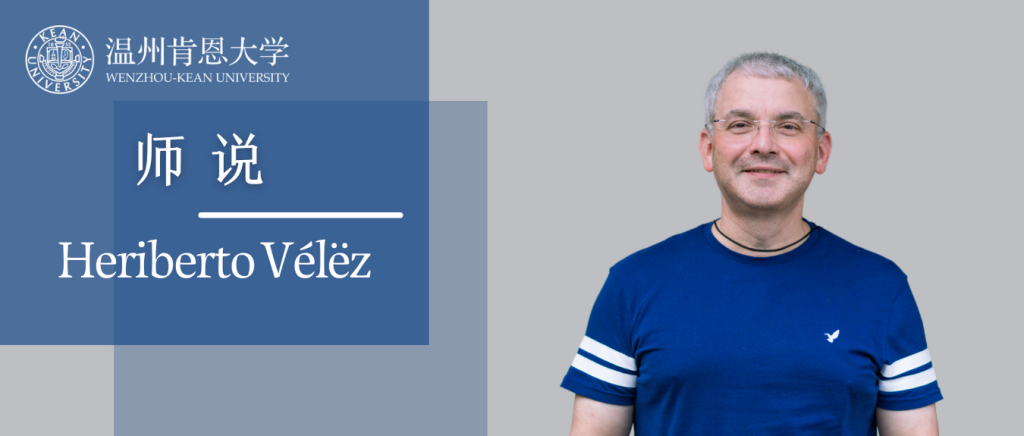
Wandering in the forest, you may notice fungi of all shapes and colors. Besides the thought that fungi (mushrooms) are poisonous, did you know they can also be used in drug discovery and cancer treatment?
Dr. Heriberto Vélëz (Eddy) from the College of Science, Mathematics and Technology is dedicated to conducting research on the pathology of fungi and finding breakthroughs in producing anticancer compounds from fungi. Fluent in English, Spanish, Swedish, Portuguese, and Italian, Dr. Vélëz loves to travel and explore fungi in forests worldwide. He is also keen on learning new languages and interacting with students all over the world.
This time, we invite Dr. Vélëz to share his discoveries in phytopathology and biotechnology, uncovering the story of his research with fungi.
The years spent with fungi
This is Dr. Vélëz’s 17th year working with fungi. He first got interested in fungi during his junior year at North Carolina State University, (when he was doing his Bachelor’s thesis) working with auxin-induced genes in loblolly pine. It was this experiment that led him to think about the symbiotic relationship between fungi and plants. From then on, he shifted his research direction to the study of pathogenic fungi. Dr. Vélëz believes that “Fungi will be a very important part of biotechnology.” At the biotechnological level, fungi have been used to make antibiotics and medical drugs such as penicillin and lovastatin. To explore a wider range of applications, he turned his attention to one of the toughest challenges in medicine today – cancer treatment.
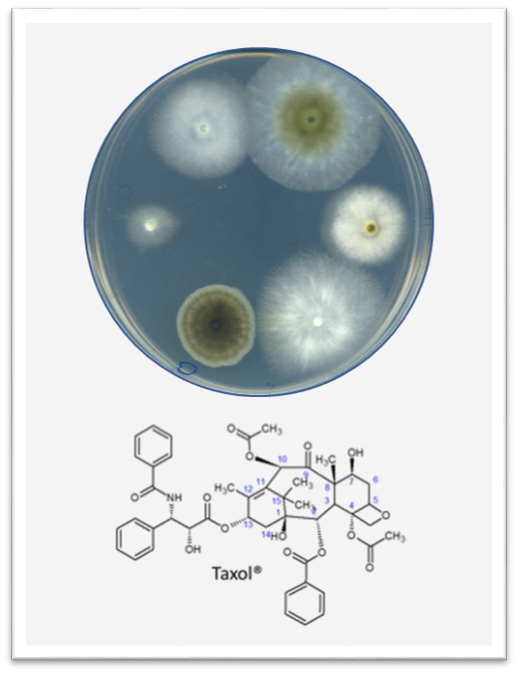
Taxol, an anti-cancer compound
While collaborating with researchers from Kathmandu University (Nepal), he and his team have worked with fungi that can produce paclitaxel, an anti-cancer compound called Taxol, which was isolated from Taxus Wallichiana. This compound can be used during chemotherapy for cancers such as breast and lung cancer. Currently, trees that produce paclitaxel are facing a severe challenge of over-harvesting. Therefore, Dr. Vélëz hopes to find a breakthrough from fungi, which is one of the projects he wants to work on at WKU.
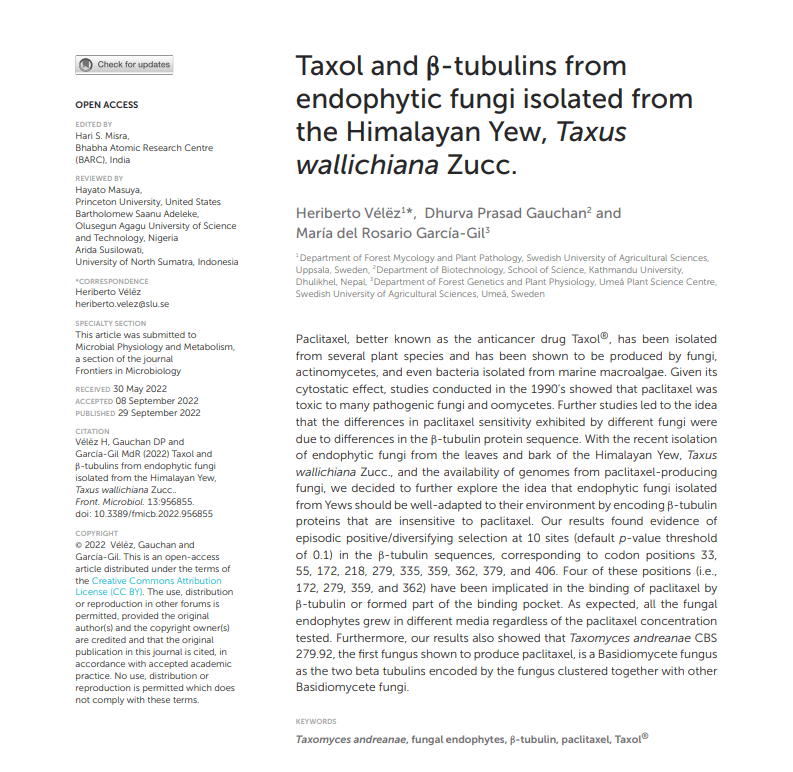
representative article
In addition, noting that fungi that live in cold environments produce ice-binding proteins (IBPs) to protect them from freezing, and IBPs are widely used in Chinese markets, Dr. Vélëz is looking forward to initiating research in this area at WKU. Such research can help develop antifreeze proteins in the food industry, cryosurgery in the medical field, antifreeze technology in agriculture, and other areas.
Pick up where he left off
“What attracted me most in Wenzhou were the rolling hills and forests, where various fungi hide, enabling me to get back into my research on fungi.” Before coming to WKU, Dr. Vélëz worked as a Research Scientist, conducting fungal research at the Swedish University of Agricultural Sciences. Due to the interruption of funding and stalled research progress, he began to set his sights on WKU. “Compared with Sweden and most European countries, China is investing heavily in research and development, and WKU also provides many incentives and financial support for researchers.” After traveling all the way to China, he decided to teach Biology at WKU while completing his previous fungal research.
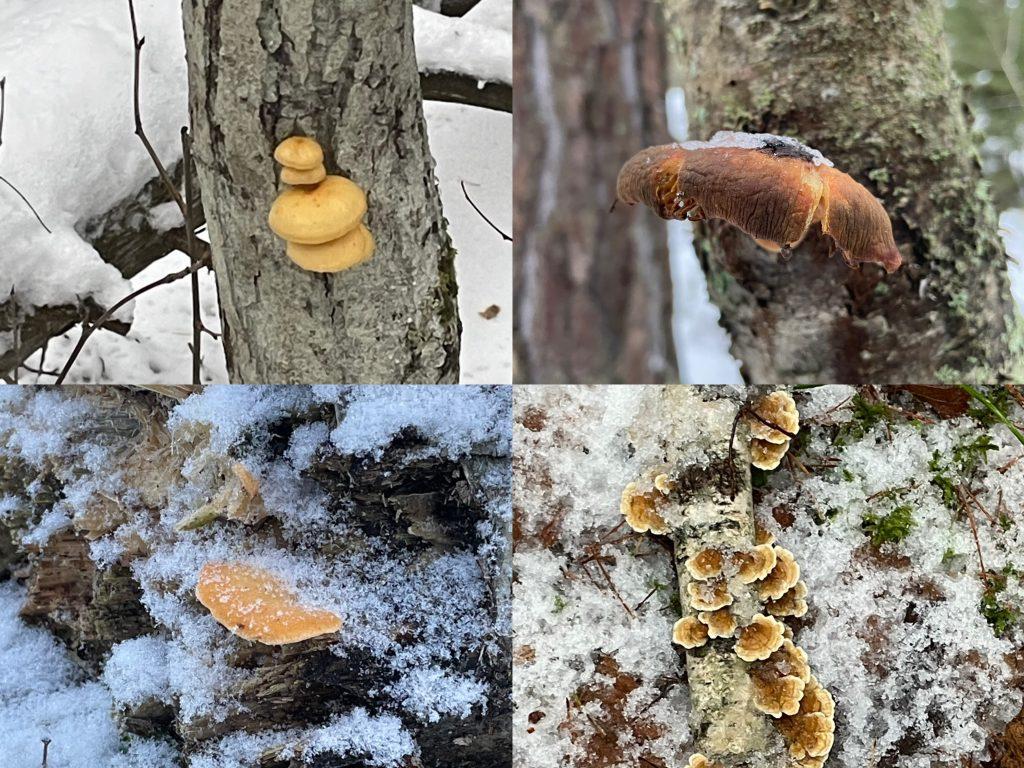
observed fungi during his walks through the forest in Uppsala
Every winter in Sweden, Dr. Vélëz went to the forest before sunset at half past two, observing and collecting fungal samples, which he brought back to the lab for further study. In China, he found that in Wenzhou, where the climate is relatively hot and humid, many fungal species could not survive in Sweden’s dry and cold climate. He said: “The forest of Bijia Mountain surrounding the WKU campus is like a giant petri dish for fungi, where I can discover fungi species not commonly found in Sweden, thus carrying out in-depth research on them!”
Find your passion and stick to it
“Find what you are passionate about and stick to it until it is well done, even if there are challenges.” For Dr. Vélëz, the process of isolating fungi into pure cultures is definitely a challenge. Since the forest is not a sterile environment, culturing fungal cells collected from the forest requires several times of multiplying and separating. One may also face a challenge where the faster-growing fungal colonies in the petri dish override the slower-growing ones, making it impossible to observe the latter.
However, what others may see as dull and repetitive experiments, he always resolves with interest. “I love challenges and working with fungi!” He said so. It was this relentless enthusiasm and persistence that inspired him with the idea of integrating microfluidics into basidiomycete fungal research. From this inspiration, he associated the idea with the possibility of purifying and treating fungi with microfluidics.
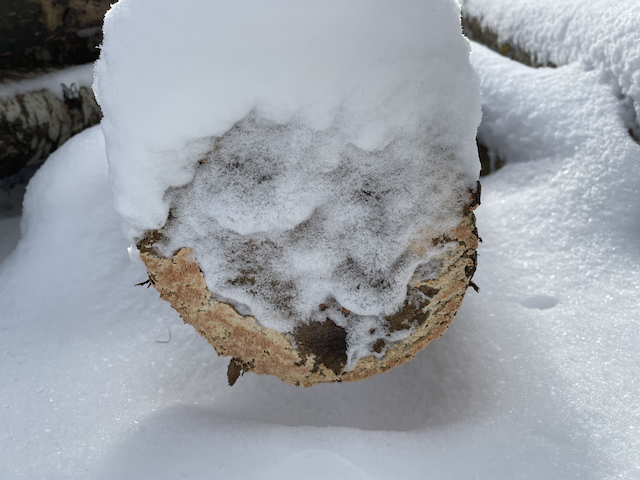
fungi used for research
Currently, microfluidics has been published in Scientific Reports but is rarely applied in fungal research. This technology can be used to speed up the purification of fungi by screening 1,000 “petri dishes” or rather 1,000 “microdroplets” in a few seconds. Dr. Vélëz realized that several universities in China are also working on microfluidics and nanofluidics. He hopes to cooperate with these universities next summer, and follow up on the previous research.
When it comes to the forthcoming research, Dr. Vélëz introduced, “I’ve identified the genes that are encoding the enzymes for methyl-terfestatin production. But there are two enzymes. There are two different pathways that this could go. If I delete one of the genes for one of the enzymes, would that change the pathway? So, it’s really difficult to do any kind of genetic work.” In the future, he hopes to continue his research at WKU. He plans to get Chinese approval to enter and exit plants and transport the needed fungi from Sweden to China, continuing the unfinished research.
Trying out new research directions with students
“I am amazed by students’ thirst for knowledge. That’s why I came to WKU”. Prior to coming to WKU, Dr. Vélëz taught courses in biological sciences at Tomsk State University in Russia, and it was this experience that solidified his desire to become a teacher. He exclaims, “When I was making media to grow fungi or to transfer fungal cultures, the students actively wanted to try to participate in the process, even if it wasn’t a requirement of the course.” Dr. Vélëz enjoys exploring new research topics and he suggested to Lin (a WKU psychology student minoring in Biology), to look into some of the compounds produced by fungi that are being medically tested as antidepressants. “Some of these compounds are showing promising results,” he told Lin. “Perhaps Lin will find new ideas for the direction of his own research interests in the intersection of fungi and psychotherapy”.

Dr. Vélëz at WKU
These days, Dr. Vélëz is co-supervising three students in their research paper on plants and insects, discussing innovative research directions with them. When it comes to his own research, he believes that his research interests will provide ample opportunities for the students to practice and develop their problem-solving skills, independence, and creativity. He welcomes more students from WKU to actively participate in research projects, joining him in exploring emerging areas of biology.
Dr. Vélëz is also adapting his life in Wenzhou. To better communicate with the people around him, he is making efforts to learn Chinese. “Language represents the first step of acceptance. I want to better integrate into the culture of Wenzhou and China,” he said with a smile. Aiming to help students discover their own research interests while collaborating on new projects, Dr. Vélëz hopes to have closer interactions with WKU students during his future teaching.
Writer: Zili LIN
Proofreader: Dr. Heriberto Vélëz, Wenwei XIANG
- Wenzhou-Kean University Spearheading Sustainability in Higher Education in Asia and in China, Awarded the AASHE STARS Gold-Certified in Sustainability
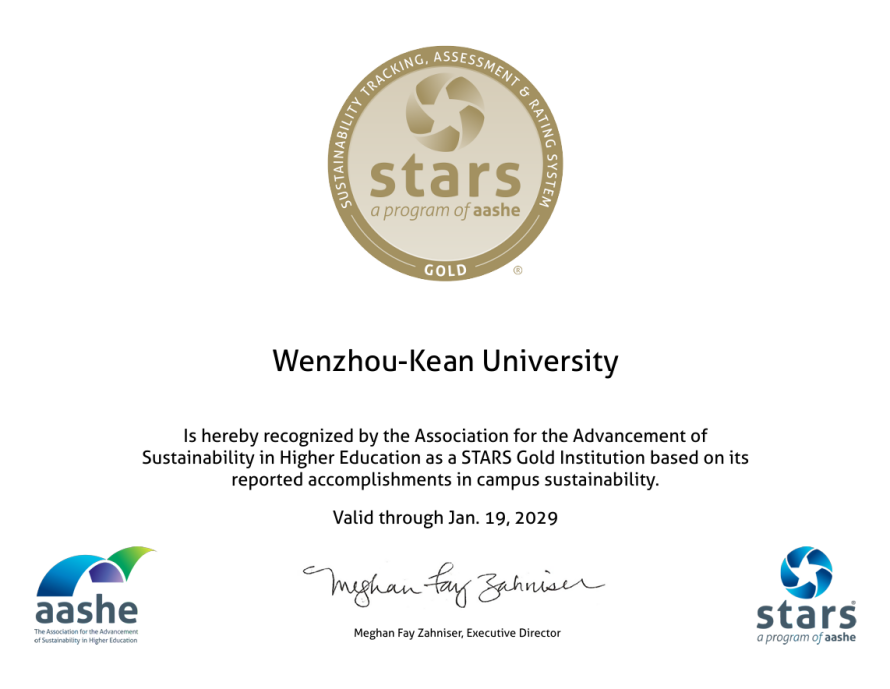
- Media Report | Wenzhou Daily: A Window into Friendship Between Chinese and U.S. Youths Wenzhou-Kean University Welcomes 340 Young Americans in Two Years
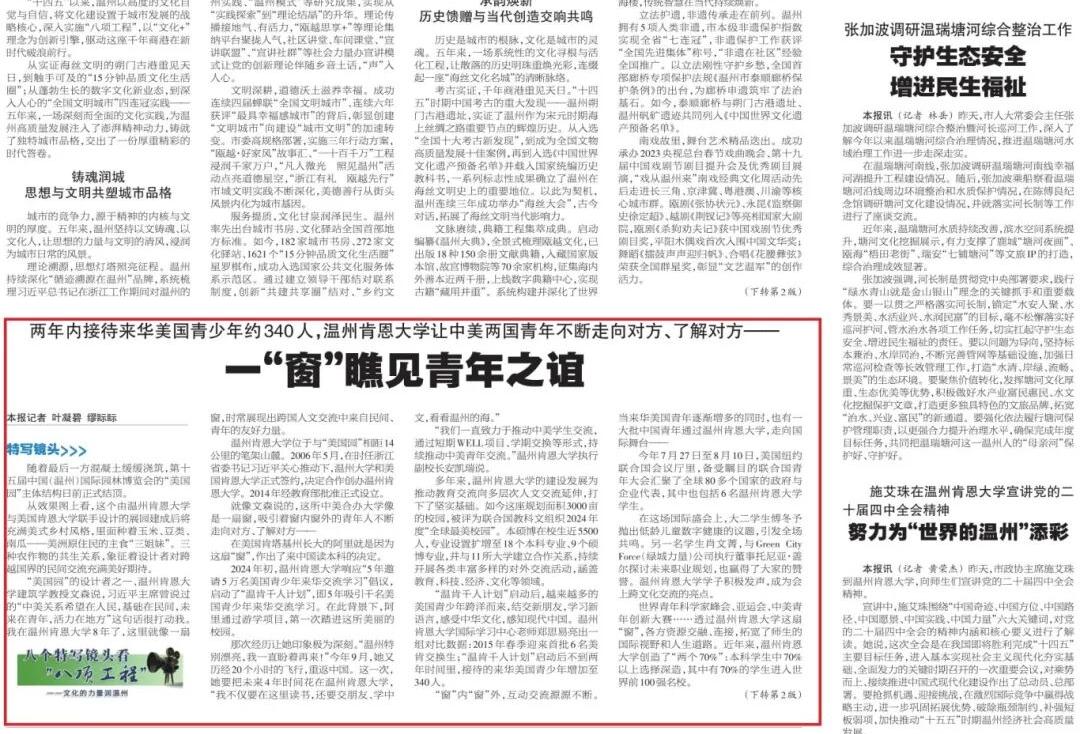
- WKU Student wins first prize in a national English speech contest: What is his answer to the value of boredom?


